AI Customer Care Tools Comprehensive Comparison of Pricing and Features

Choosing the right customer care AI assistant can transform your business. It improves efficiency, enhances customer satisfaction, and drives revenue growth. Studies show that 64% of business owners believe AI strengthens customer relationships, while companies using AI report a 37% reduction in first response times. AI-driven customer service also boosts average order value by up to 47%. Poor customer service, on the other hand, causes 61% of customers to switch brands.
Tools like Sobot, a leading customer communication platform, offer advanced features to meet these demands. Sobot’s AI-powered services, including live chat and chatbots, help businesses deliver seamless customer experiences. By integrating Sobot as your customer care AI assistant in customer service, you can reduce operational costs by 35% and resolve tickets 52% faster. This comparison will guide you in selecting the best AI customer support software for your needs.
Key Criteria for Evaluating AI Customer Service Tools
Usability
Ease of setup and user interface
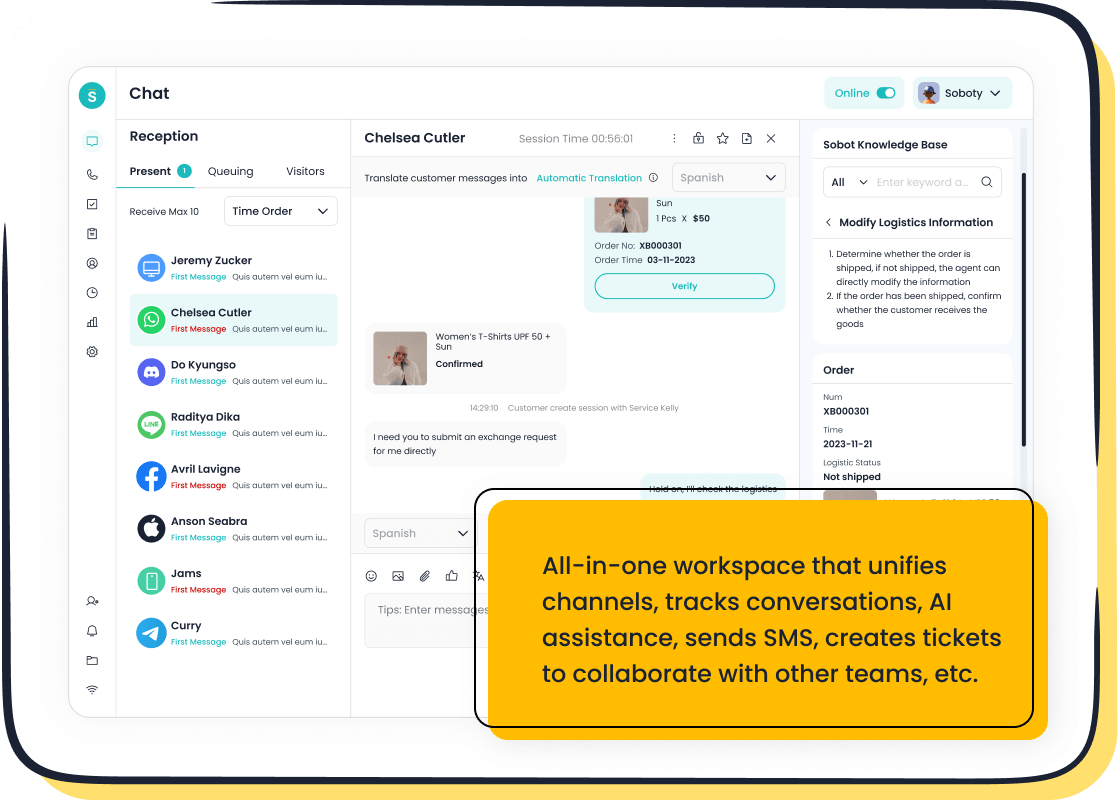
When selecting AI customer service tools, usability plays a critical role. A tool with an intuitive user interface ensures your team can quickly adapt without extensive training. For example, Sobot Live Chat offers a unified workspace that consolidates customer data and messages across channels. This feature simplifies navigation and boosts agent productivity. Studies predict AI chatbots will save businesses 2.5 billion hours by 2024, highlighting the importance of tools that are easy to implement.
Learning curve for teams
The learning curve directly impacts how fast your team can start using the software effectively. AI-powered chatbots like those offered by Sobot reduce complexity by automating repetitive tasks. This allows your team to focus on resolving complex issues. Research shows that 80% of routine tasks are now managed by AI chatbots, freeing up human agents for higher-value interactions.
Features
Core functionalities (e.g., chatbots, analytics, automation)
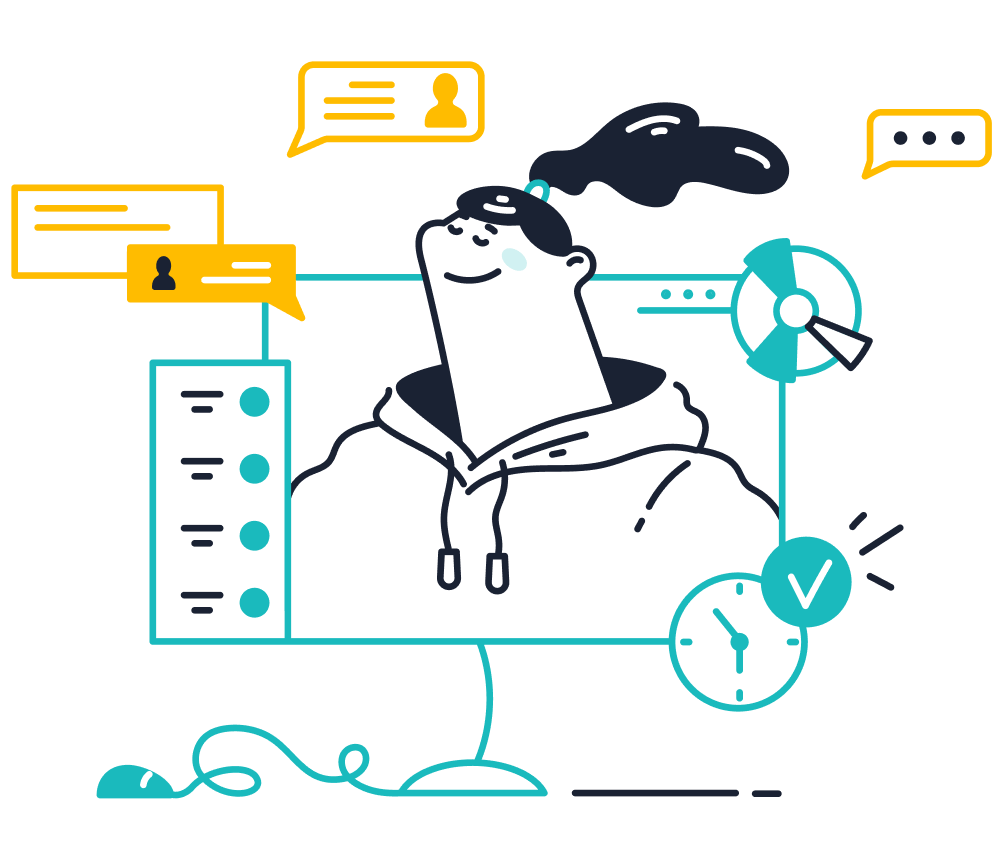
Key features like chatbots, analytics, and automation are essential for modern customer service. AI tools for customer service, such as Sobot, provide omnichannel support and built-in analytics. These features help you track over 150 indicators to optimize performance. Companies using AI report a 37% drop in first response times and a 52% faster ticket resolution rate, making these functionalities indispensable.
Advanced capabilities (e.g., sentiment analysis, multilingual support)
Advanced features like sentiment analysis and multilingual support enhance customer satisfaction. Sobot’s AI-powered chatbots offer auto-translation for seamless communication in multiple languages. This capability ensures you can serve a global audience effectively. Additionally, sentiment analysis helps identify customer emotions, enabling tailored responses that improve satisfaction rates.
Pricing
Subscription models (e.g., monthly, annual)
AI customer service tools often offer flexible subscription models. Monthly plans provide short-term affordability, while annual plans typically offer cost savings. For instance, Sobot provides tailored pricing based on business size, ensuring you only pay for what you need. This flexibility helps businesses of all sizes manage costs effectively.
Free vs. paid plans
Free plans may seem appealing but often lack advanced features like analytics and automation. Paid plans, such as those offered by Sobot, include comprehensive functionalities that drive efficiency and customer satisfaction. A pricing comparison shows that while some tools start at $15 per month, advanced plans can go up to $499. Understanding these differences ensures you choose a plan that aligns with your goals.
Tip: Always check for hidden fees, such as charges for API usage or data processing, when evaluating pricing.

Scalability
Suitability for small, medium, and large businesses
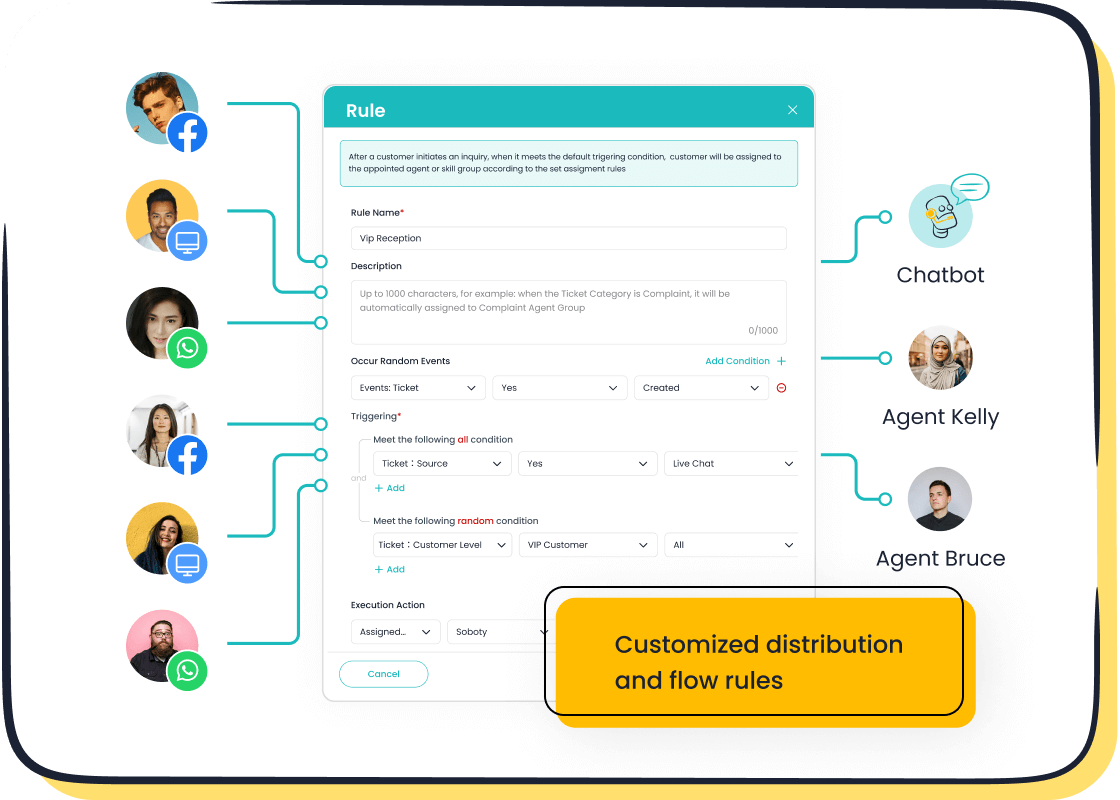
AI customer service tools are designed to scale with your business, whether you're a startup or a global enterprise. These tools adapt to your needs, offering flexible features and pricing models. For instance, Sobot Live Chat provides tailored solutions that cater to businesses of all sizes. Small businesses benefit from its cost-effective plans, while large enterprises can leverage its advanced analytics and omnichannel support.
The market for AI customer services reflects this scalability. It was valued at $308 million in 2022 and is projected to exceed $3 billion by 2032. This growth highlights the increasing demand for tools that can handle diverse business requirements. By adopting AI, businesses also achieve a 35% reduction in customer service costs and a 32% increase in revenue. These numbers demonstrate how scalable solutions like Sobot can drive growth across industries.
Ability to handle increasing customer demands
As your business grows, so do customer expectations. AI customer service tools excel at managing high volumes of inquiries without compromising quality. Sobot Live Chat, for example, uses AI automation to cut response times by up to 50%. This ensures timely assistance, even during peak periods.
AI tools also enhance efficiency by automating repetitive tasks, allowing human agents to focus on complex issues. This balance between automation and human interaction ensures your team can meet increasing demands effectively. With AI, businesses can scale their operations seamlessly, maintaining high levels of customer satisfaction.
Integration
Compatibility with existing systems (e.g., CRM, helpdesk)
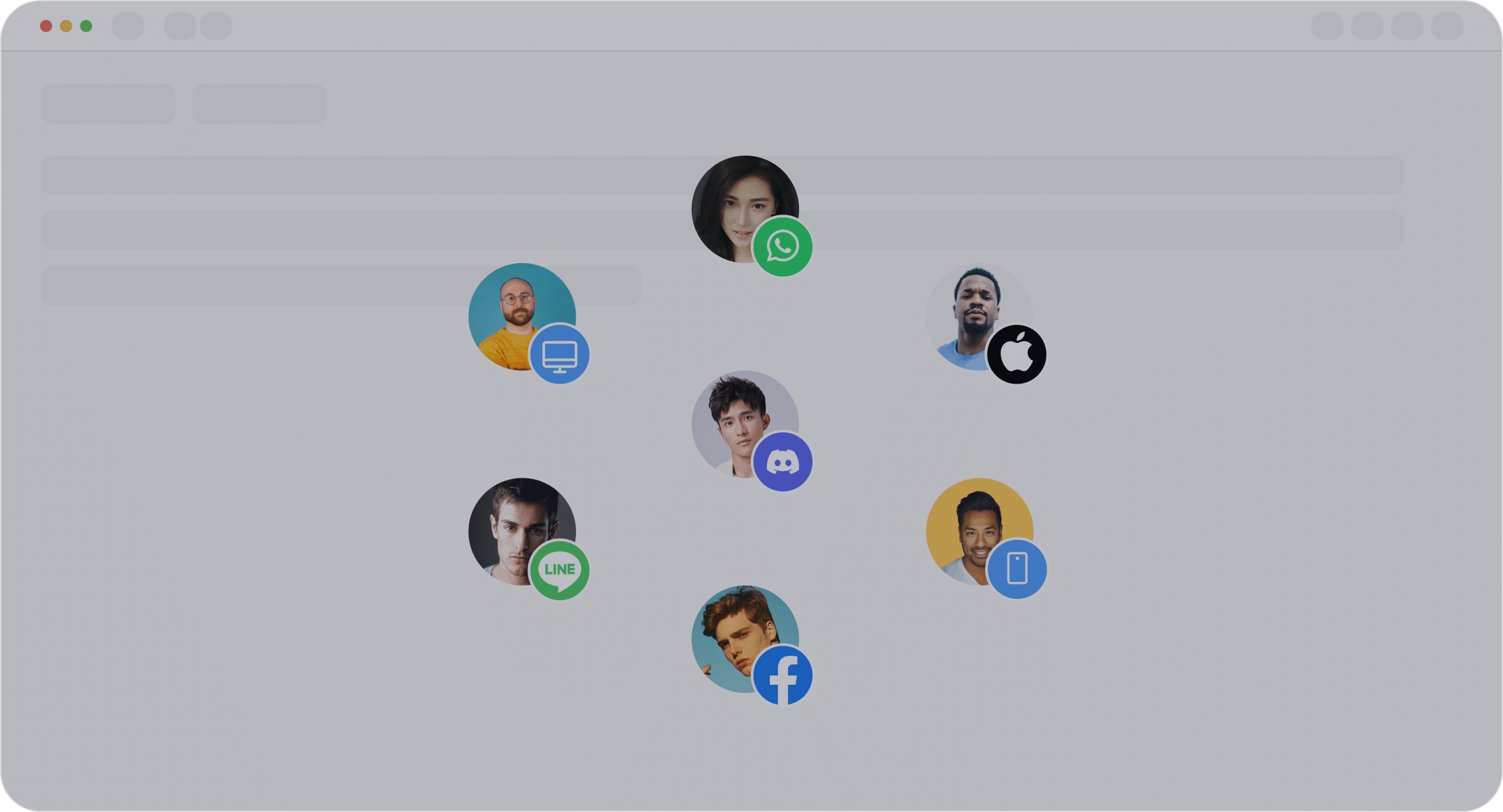
Seamless integration with your existing systems is crucial for efficient operations. AI customer service tools like Sobot Live Chat integrate effortlessly with CRMs, helpdesks, and other platforms. This compatibility ensures that customer data flows smoothly across systems, enabling agents to provide personalized service.
Studies show that 95% of decision-makers at companies using AI report reduced costs and time savings. By integrating AI tools with your current setup, you can streamline workflows and improve service quality. This compatibility makes tools like Sobot an invaluable asset for businesses aiming to enhance their customer experience.
API and third-party app support
Modern businesses rely on multiple applications to manage operations. AI customer service tools offer robust API and third-party app support, ensuring they fit seamlessly into your tech stack. Sobot Live Chat, for instance, supports integration with popular platforms like WhatsApp, Facebook, and Instagram. This connectivity allows you to manage all customer interactions from a single interface.
The benefits of such integration are clear. Companies using AI report a 37% drop in first response times and resolve tickets 52% faster. These improvements translate to better customer experiences and more efficient operations. By choosing tools with strong API support, you can future-proof your business and stay ahead of customer expectations.

Benefits of AI Customer Service Tools

Efficiency
Faster response times
AI customer service tools significantly reduce response times, ensuring customers receive timely assistance. For example, companies using AI report a 37% drop in first response times. AkzoNobel, a global leader in paints and coatings, reduced its average response time from nearly six hours to just 70 minutes by implementing AI-driven customer service. These tools streamline customer service operations by automating routine tasks, allowing agents to focus on complex issues. This efficiency not only improves user experiences but also enhances overall service quality.
Automation of repetitive tasks
AI chatbots excel at handling repetitive inquiries, such as FAQs or order tracking. This automation frees up human agents to address more critical concerns. Businesses using AI resolve tickets 52% faster, saving valuable time and resources. For instance, Bank of America implemented AI tools to manage routine tasks, leading to faster resolutions and improved customer satisfaction. By automating repetitive processes, AI in customer service boosts productivity and reduces operational costs.
24/7 Availability
Always-on customer support
AI chatbots provide round-the-clock support, ensuring no customer query goes unanswered. This constant availability is especially beneficial for businesses with global operations. Sobot’s AI-powered solutions offer 24/7 customer service, enabling you to address inquiries at any time. This feature enhances customer satisfaction by providing instant responses, even during off-hours.
Global customer service coverage
AI customer service tools bridge time zones, making them ideal for international businesses. They ensure seamless multichannel communication, allowing you to serve customers worldwide. AI-driven customer service tools also maintain consistent quality, regardless of location. This global reach strengthens customer relationships and fosters loyalty.
Personalization
Tailored responses based on customer data
AI customer support software uses data to deliver personalized support. By analyzing customer history and preferences, these tools craft tailored responses that resonate with individual needs. Sobot’s AI chatbots, for instance, utilize sentiment analysis to adapt responses based on customer emotions. This personalization improves engagement and builds trust.
Improved customer satisfaction
Personalized interactions lead to higher satisfaction rates. AI tools enhance user experiences by addressing specific concerns effectively. Businesses using AI report increased revenue and higher customer lifetime value, showcasing the impact of personalized customer service solutions. By integrating AI, you can elevate your service standards and exceed customer expectations.
Insights and Analytics
Data-driven decision-making
AI customer service tools empower you to make smarter decisions by turning raw data into actionable insights. These tools analyze customer interactions, providing you with a clear understanding of what works and what doesn’t. For example, Sobot Live Chat evaluates over 150 indicators, offering built-in analytics that help you optimize your service strategies. This data-driven approach ensures you can allocate resources effectively and improve customer satisfaction.
Many industry-leading tools demonstrate the power of analytics in decision-making. The table below highlights how some AI tools transform data into meaningful insights:
| AI Tool | Key Benefit |
|---|---|
| IBM Watson Analytics | Enhances customer interactions by interpreting customer communications for personalized service. |
| Google Cloud Contact Center AI | Analyzes data quickly to identify trends and drive informed decision-making. |
| Salesforce Einstein Analytics | Transforms data into actionable insights, improving decision-making and addressing customer needs. |
| Amazon Connect | Simplifies engagement and enhances customer interactions through intelligent analytics. |
By leveraging such tools, you can identify patterns and make informed choices that align with your business goals. Sobot’s analytics capabilities, for instance, allow you to track customer behavior and adjust your strategies in real time, ensuring continuous improvement.
Identifying trends and customer pain points
AI customer service tools excel at uncovering trends and pinpointing customer pain points. These insights enable you to address issues before they escalate, improving overall customer satisfaction. For instance, Sobot’s built-in analytics help you monitor customer feedback and identify recurring problems. This proactive approach ensures you can resolve issues quickly and enhance your service quality.
AI tools also analyze large volumes of data to reveal hidden patterns. For example, sentiment analysis can detect shifts in customer emotions, helping you refine your communication strategies. By identifying trends, you can anticipate customer needs and stay ahead of market demands. Sobot’s ability to evaluate multiple indicators ensures you always have a comprehensive view of your customer interactions, enabling you to deliver exceptional service.
Detailed Comparison of Top AI Customer Service Tools
Sobot
Features of Sobot Live Chat
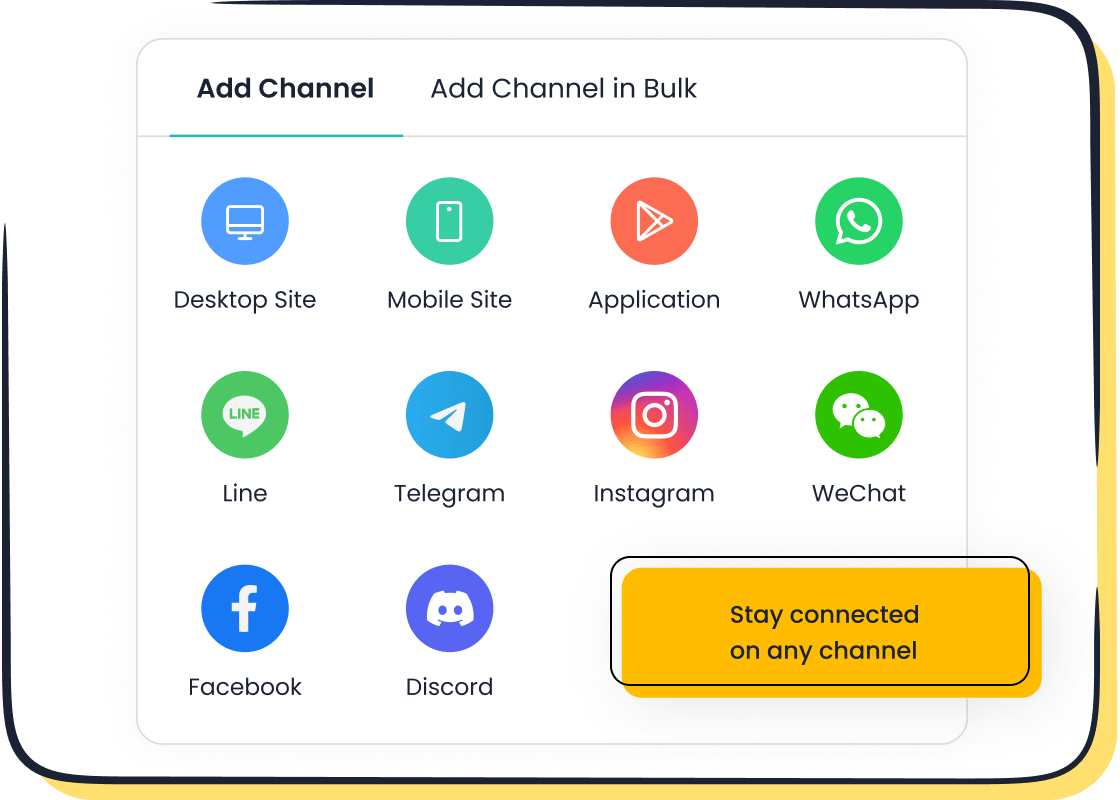
Sobot Live Chat offers a comprehensive suite of features designed to enhance customer engagement. It supports multichannel communication, allowing you to interact seamlessly across platforms like websites, apps, and social media. The platform includes AI-powered chatbots that automate repetitive tasks, enabling faster responses. Built-in analytics track over 150 metrics, helping you optimize performance and improve customer satisfaction. Additionally, Sobot provides auto-translation for multilingual support, ensuring effective communication with a global audience.
Pros of Sobot Live Chat
Sobot Live Chat stands out for its scalability and efficiency. It adapts to businesses of all sizes, from startups to large enterprises. The platform reduces response times by up to 50%, allowing agents to focus on complex issues. Its personalization capabilities, such as tailored responses based on customer data, foster stronger relationships. With 24/7 availability, Sobot ensures no query goes unanswered, making it a reliable choice for global operations.
Pricing of Sobot Live Chat
Sobot Live Chat offers flexible pricing tailored to your business needs. A free trial is available, allowing you to explore its features before committing. This affordability makes Sobot accessible to businesses of all sizes. Compared to other tools, Sobot provides excellent value, combining advanced features with cost-effective plans.
Zendesk
Features
Zendesk provides a robust ticketing system, multi-channel support, and a self-service portal. It integrates with various platforms, ensuring smooth workflows. Its AI-driven chatbots handle routine queries, while analytics track key metrics like response times and customer satisfaction.
Pros and Cons
Zendesk excels in reducing response times and improving admin productivity. However, its advanced features are available only in higher-tier plans, which may not suit smaller businesses.
Pricing
Zendesk starts at $49 per agent per month, with premium plans offering enhanced capabilities. While it provides value for larger enterprises, its pricing may be a barrier for smaller teams.
Freshdesk
Features
Freshdesk offers AI-driven chatbots, a robust ticketing system, and a knowledge base for self-service. It also includes advanced reporting and analytics, helping you monitor performance and identify trends.
Pros and Cons
Freshdesk is budget-friendly for growing businesses and provides excellent analytics. However, its complexity may require additional training, and higher-tier plans can be costly for small businesses.
Pricing
Freshdesk starts at $15.55 per agent per month, with advanced plans priced at $38.29. A free plan is available, making it an attractive option for startups.

Intercom
Features
Intercom offers a robust set of features designed to enhance customer communication. Its AI-powered chatbots streamline repetitive tasks, allowing agents to focus on complex issues. The platform supports multichannel communication, enabling seamless interaction across email, social media, and in-app messaging. Intercom also includes advanced analytics, helping you track customer behavior and optimize service strategies. Additionally, its automation tools save time by summarizing conversations and expanding notes. These features improve efficiency and ensure a better customer experience.
Pros and cons
Intercom excels in handling high volumes of customer inquiries. It resolves 11-30% of support tickets through AI, saving up to 35% of the time spent on feedback analysis. Customers appreciate its quick response times, with 68% valuing chatbot speed. However, its pricing may not suit smaller businesses, and some users find its advanced features challenging to navigate. Despite these drawbacks, Intercom remains a strong choice for businesses seeking scalable solutions.
Pricing
Intercom’s pricing starts at $39 per user per month, making it accessible for medium-sized businesses. While its cost is higher than some competitors, the platform’s advanced features justify the investment. For larger enterprises, premium plans offer additional capabilities, such as enhanced analytics and automation tools. This flexibility ensures you can choose a plan that aligns with your business needs.
Tidio
Features
Tidio provides an easy-to-use chatbot builder, making it ideal for small businesses. Its multichannel communication support allows you to manage customer interactions across platforms like email, live chat, and social media. The platform also includes a mobile app, enabling on-the-go management. While Tidio lacks some advanced AI features, its affordability and simplicity make it a popular choice for startups and small teams.
Pros and cons
Tidio’s strengths lie in its affordability and ease of use. Starting at $29 per month, it offers a cost-effective solution for small businesses. Users appreciate its multichannel support and mobile app. However, Tidio may not scale well for enterprise-level needs and offers limited customization options for chatbots. Despite these limitations, it remains a practical choice for businesses prioritizing simplicity and budget-friendly solutions.
Pricing
Tidio’s pricing starts at $29 per month, making it one of the most affordable options in the market. This low entry cost appeals to small businesses and startups. However, as your business grows, you may find its features insufficient for advanced customer service needs. For comparison, other tools like Intercom and Salesforce have higher starting prices, reflecting their more extensive capabilities.
Summary Table for Quick Comparison
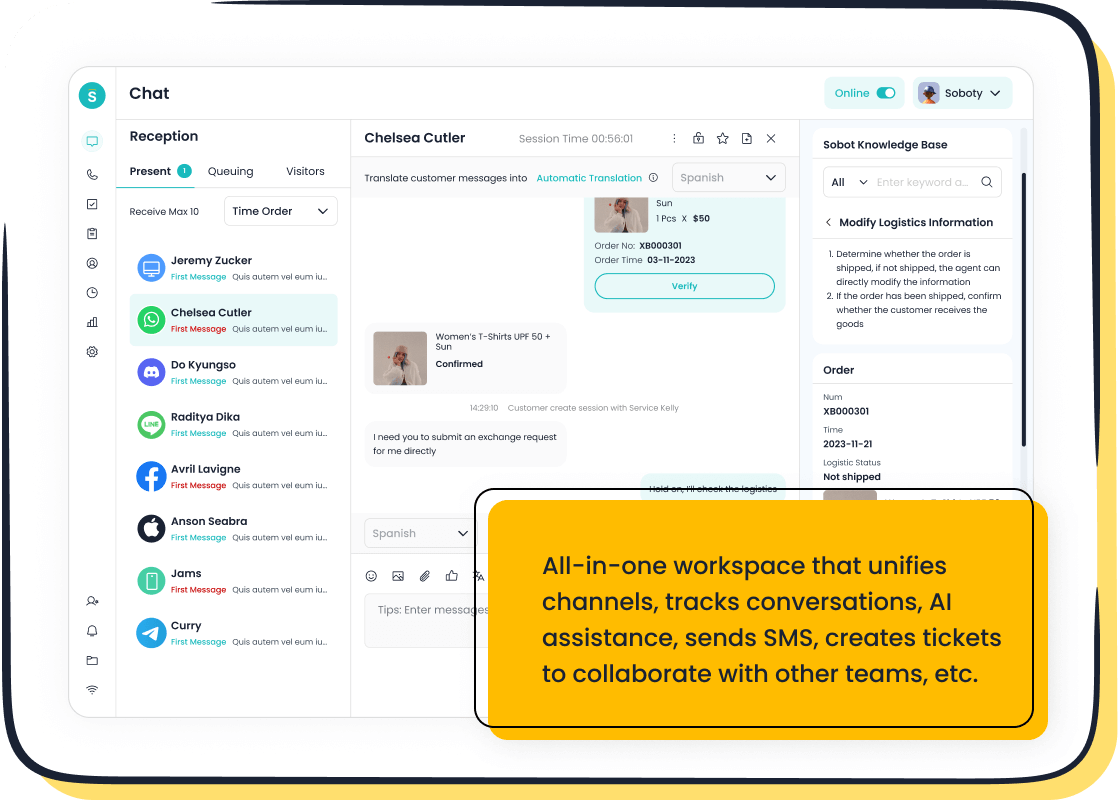
When choosing the right AI customer service tools, a quick comparison of features, pricing, and use cases can simplify your decision-making process. Below is a summary table to help you evaluate the options effectively.
Features
| Criteria | Description |
|---|---|
| AI Chatbot Capabilities | Handles routine queries, provides instant responses, and learns from interactions. |
| Agent Assistance | Supports agents with suggestions and automates repetitive tasks. |
| Knowledge Base Integration | Links to FAQs and articles for self-service enablement. |
| Analytics and Insights | Tracks metrics like response times and customer satisfaction. |
| Customization and Scalability | Adapts to your business needs and grows with your operations. |
Tip: Tools like Sobot excel in omnichannel support and advanced automation, making them ideal for businesses seeking seamless scalability.
Pricing
| Tool | Starting Price | Pros | Cons |
|---|---|---|---|
| Sobot | Custom pricing | Omnichannel support, built-in analytics, scalable | Pricing tailored to business size may vary. |
| Tidio | $29/month | Affordable for small businesses, easy-to-use | Limited advanced AI features, less scalable. |
| Intercom | $39/user/month | Advanced analytics, multichannel communication | Higher cost for smaller teams. |
| Salesforce | $300/user/year | Mobile app, robust features | High entry cost for startups. |
Note: Sobot offers a free trial, allowing you to explore its features before committing.
Best Use Cases
| Use Case | Description |
|---|---|
| High-Volume Customer Support | Processes multiple queries simultaneously for faster responses. |
| Personalized Customer Experiences | Analyzes customer data for tailored recommendations, enhancing engagement. |
| Omnichannel Communication | Unifies interactions across platforms, ensuring no messages are overlooked. |
| Global Customer Support | Provides 24/7 assistance with multilingual capabilities. |
| Data-Driven Decision Making | Collects and analyzes data for actionable insights to refine strategies. |
Sobot stands out for its ability to unify customer interactions across channels while offering advanced analytics. This makes it a strong choice for businesses aiming to improve efficiency and customer satisfaction.
How to Choose the Right AI Customer Service Tool
Assessing Business Needs
Identifying pain points in current customer service
Start by evaluating the challenges in your current customer service setup. Are response times too slow? Do repetitive tasks overwhelm your team? Many businesses struggle with fragmented communication channels or limited scalability. AI in customer service addresses these issues by automating repetitive tasks and unifying interactions. For example, Sobot Live Chat integrates seamlessly across platforms, ensuring no customer query gets overlooked. Strategic frameworks suggest defining specific use cases and assessing organizational readiness to align AI tools with your business needs.
Determining must-have features
Once you identify pain points, list the features that will resolve them. For instance, if your team handles global customers, multilingual support becomes essential. Tools like Sobot offer auto-translation and sentiment analysis, ensuring effective communication worldwide. Additionally, prioritize features like omnichannel support, analytics, and automation. These capabilities enhance efficiency and improve customer satisfaction. Sephora’s AI-driven customer service demonstrates how tailored recommendations can boost engagement, a feature worth considering for personalization.
Matching Features to Goals
Aligning tool capabilities with business objectives
Your chosen customer care AI assistant should align with your business goals. If you aim to reduce operational costs, focus on tools with automation and analytics. Sobot’s built-in analytics track over 150 metrics, helping you optimize performance and allocate resources effectively. Market analyses recommend evaluating scalability and integration capabilities to ensure the software supports your long-term objectives.
Prioritizing features based on customer expectations
Customer expectations vary by industry and business size. Small businesses may value affordability and ease of use, while enterprises require advanced features like natural language processing. AI-driven customer service tools, such as Sobot, cater to both needs by offering scalable solutions. Focus on features that enhance customer interactions, like 24/7 availability and personalized responses. This approach ensures your customer service software meets both operational and customer demands.
Evaluating ROI
Calculating cost vs. benefits
To evaluate ROI, compare the cost of implementing AI tools with the benefits they deliver. Predictive modeling helps forecast potential returns, while metrics like cost savings and speed of resolution measure efficiency. For instance, Capgemini achieved a 70% reduction in processing time through AI automation. Sobot’s AI-powered solutions reduce response times by up to 50%, demonstrating their value in improving efficiency.
| Financial Model / Metric | Description |
|---|---|
| Predictive Modeling | Uses historical data to forecast potential ROI of AI projects. |
| Cost Savings | Measures reductions in operational costs due to AI implementation. |
| Speed and Output Measurements | Evaluates the efficiency of AI systems in resolving customer issues. |
| Customer Satisfaction Metrics | Assesses the impact of AI on customer experience and satisfaction. |
Long-term scalability and value
Investing in AI customer service tools ensures long-term scalability. Businesses earn $3.5 for every $1 spent on AI, with some achieving up to 700% ROI. Sobot’s scalable solutions adapt to growing customer demands, making them ideal for businesses of all sizes. By automating tasks and enhancing customer interactions, AI tools provide lasting value, ensuring your operations remain efficient as your business expands.
Choosing the right AI customer service tools requires careful evaluation of pricing, features, and scalability. These factors directly impact your ability to meet customer expectations and achieve business goals. Aligning tool selection with objectives like improving first-call resolution or reducing average handling time ensures measurable benefits. For example, tools like Sobot Live Chat unify customer interactions across channels, enhancing efficiency and satisfaction.
| Key Performance Indicators | Description | Impact on Customer Satisfaction |
|---|---|---|
| First-call resolution | Measures the percentage of calls resolved on the first interaction | Directly correlates with customer satisfaction and reduces frustration |
| Average handling time | Tracks the average duration of customer interactions | Affects customer perception of service efficiency |
| Customer satisfaction scores | Reflects overall customer contentment with service | Essential for understanding customer loyalty and retention |
Use the comparison and criteria provided to make an informed decision. By selecting tools that align with your goals, you can improve customer experiences and drive long-term success.
FAQ
What are AI customer service tools, and how do they work?
AI customer service tools use artificial intelligence to automate and enhance customer interactions. They handle tasks like answering FAQs, analyzing customer sentiment, and providing multilingual support. For example, Sobot Live Chat uses AI-powered chatbots to deliver instant responses, improving efficiency and customer satisfaction.
How can AI tools improve customer service efficiency?
AI tools automate repetitive tasks, reducing response times and freeing agents for complex issues. Sobot Live Chat, for instance, cuts response times by up to 50% with its AI-driven automation. Businesses using AI report a 37% drop in first response times, according to industry studies.
Are AI customer service tools suitable for small businesses?
Yes, AI tools like Sobot Live Chat offer scalable solutions tailored to small businesses. They provide cost-effective plans and features like omnichannel support and built-in analytics. These tools help small businesses improve customer service without requiring large investments.
What features should you prioritize in AI customer service tools?
Focus on features like chatbots, analytics, and multilingual support. Sobot Live Chat offers all these, plus auto-translation and sentiment analysis. These capabilities ensure personalized, efficient service. Prioritize tools that align with your business goals and customer expectations.
Can AI tools integrate with existing systems?
Most AI customer service tools, including Sobot Live Chat, integrate seamlessly with CRMs, helpdesks, and other platforms. This compatibility ensures smooth workflows and better customer experiences. For example, Sobot supports integration with WhatsApp, Facebook, and Instagram, unifying all interactions in one workspace.
See Also
A Comprehensive Guide To Live Chat Support Costs
The Best Customer Service Software Options For 2024
Comparative Analysis Of Leading Voice Of Customer Tools